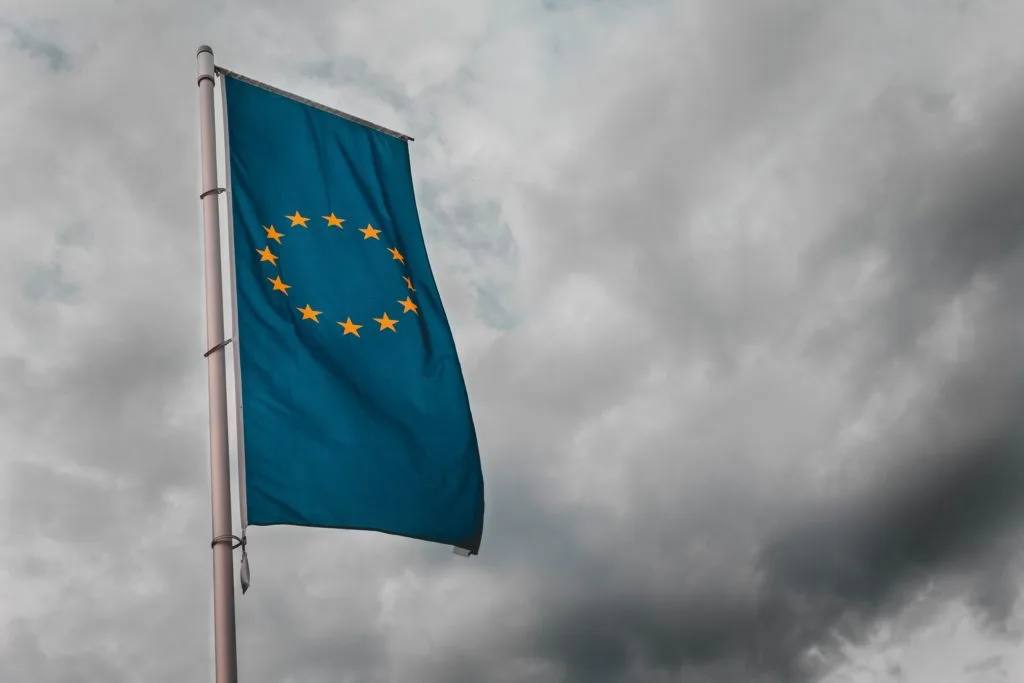Bringing together your personal information and official documents in a single application and having full control over what data you share and where you share it. This is the intention of the European Digital Identity Wallet, which will soon become a reality in Europe.
What is the European Digital Wallet?
Surely you have dozens of active user accounts on sites and platforms that you do not remember, without knowing what information you provided to open them. And surely you have had to go through lengthy registration and identification processes on various platforms or administrative processes without being clear about how the information you provided will be used.
According to Eurobarometer, 72% of EU citizens are concerned about this data processing by companies and institutions.
Driven by the Commission, the EU Digital Wallet (EUDI Wallet) aims to create a single personal identification system valid online across the continent, something 63% of EU citizens want, according to the aforementioned Eurobarometer survey.
This wallet stores our digital identity along with all of our documents and personal information that may be relevant to any transaction or record, making identification easier when doing business with either public or private entities and allowing us to control who and how our information is used from a single location.
"Every time an app or website asks us to create a new digital identity or to easily connect through a large platform, we have no idea what happens to our data. That is why the Commission will propose a secure European e-identity. An identity that we trust and that any citizen can use anywhere in Europe for any transaction, from paying taxes to renting a bike. A technology that allows us to control what data is used and how it is used. - Ursula von der Leyen, President of the European Commission, in her State of the Union address on September 16, 2020.
European Digital Wallet functions
The need to create this European digital wallet arises from the growing use of the Internet in all aspects of daily life, which Covid-19 has promoted and which has accelerated the adoption of telematic methods for solving tasks that previously required the physical presence of people.
During the pandemic, for example, banks and public administrations had to continue providing services that required personal identification of the user to complete a process. Similarly, e-commerce and the use of digital platforms have grown exponentially, where identification requires more or less complex independent processes in each of them, resulting in the existence of hundreds of accounts and user profiles with our associated data, where it is very difficult to keep track of how much of our information we have given up.
In the European digital wallet we will not only store data that will allow us to identify ourselves easily and securely in any procedure, but also other data such as academic degrees, driving licenses, bank cards or medical prescription history, for example, which will allow us to use them easily when carrying out any digital management.
In addition, from within the European digital wallet itself, we will be able to control which data we provide to each entity as necessary to formalize the process, without having to provide those that are not required, which provides greater protection of our data.
We may use, for example, our age for a service that requires us to be over 18 years of age without revealing our exact date of birth or our real name.
When will it be available?
From September, the implementation of the European digital wallet will be progressive in all member states of the Union, and it will be able to be used across borders for transactions requiring our identification.
